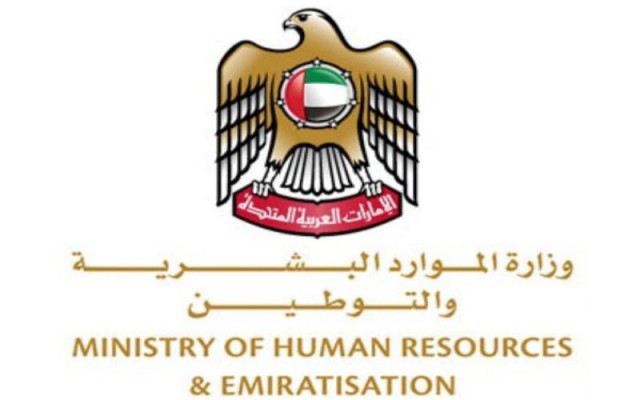The Ministry of Human Resources and Social Development in Saudi Arabia decided to raise the minimum for calculating the wages of Saudis in (ranges) from 3 thousand riyals to 4 thousand riyals.
According to Arabiya Net, the ministry launched the Nitaqat program as an initiative to evaluate establishments in Saudi Arabia according to the number of Saudi citizens working in them, and it works to stimulate establishments to localize jobs, and the implementation of incentives has begun With the highest national employment rate as of November 26, 2014.
and according to what was stated in the decision, for calculating the Saudi worker in the nationalization percentage calculated in the Nitaqat program by one worker, his monthly wage is not less than 4,000 riyals.
>
and according to a statement of the ministry, a Saudi worker whose monthly wage equals 3,000 riyals is calculated by only half of the Emiratisation percentage calculated in the Nitaqat program.
A Saudi worker whose monthly wage is less than 3,000 riyals is not counted in the nationalization percentage calculated in the Nitaqat program.
The decision stipulates that a Saudi worker whose monthly wage is more than 3 thousand riyals and less than 4 thousand riyals is calculated by only half of the localization percentage calculated in the Nitaqat program.
Also, part-time workers are calculated in the nationalization percentage calculated in the Nitaqat program with half a Saudi worker for the entity he works for, provided that social insurance contributions are paid with a minimum monthly wage of 3 thousand riyals, and it should not be calculated in the percentage of Emiratisation with more than two entities.
and the employees of the flexible work system are calculated in the nationalization percentage calculated in the Nitaqat program by one-third of a Saudi worker for the benefit of the entity he works for, provided that he completes a total of 168 working hours And the payment of social insurance contributions.
and that, taking into account ministerial decisions regarding flexible work, the decision includes Saudi students residing in the Kingdom who regularly work part-time, permanent part-time workers, and workers on the work system Flex.









































